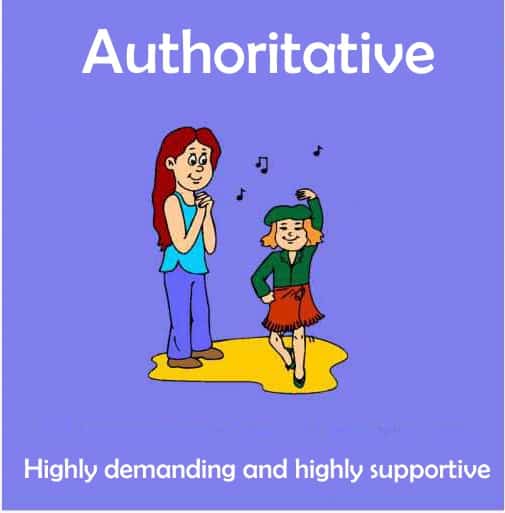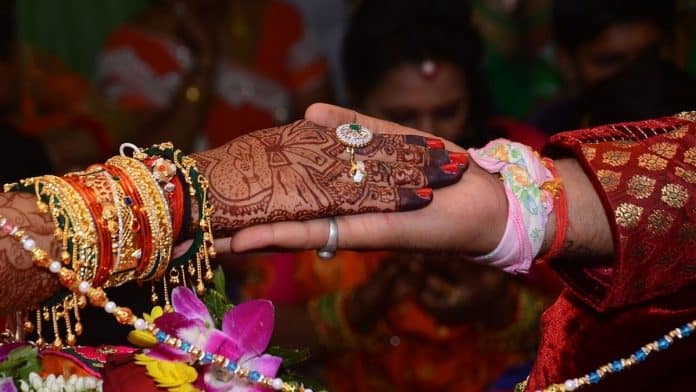Is our behavior connected to how we were raised ?
Is our behavior connected to how we were raised ?
Have you ever thought why do you behave the way you do ? Does that specific behavior suddenly remind you of some event to which you reacted in the same manner ? Does that ever make you think that am I like this since my childhood? Does my upbringing have any role in this ?
Was I raised like this ? Don’t get lost in deep thinking. The answer is already given by Psychology. Developmental Psychology is a branch of Psychology that studies how a child’s development is affected by various factors from birth till old age. It is also interested in finding out the actual cause-and-effect relationship between the action of parents and reaction or behavior of children.

Not all children are raised in the same kind of environment which implies different behaviour of different children. Cultural, Environmental , Socio-economic and other factors also play an important role in parenting styles and child outcomes. Therefore, there is no universally “best” style of parenting.

Authoritarian Parenting
This style shows low acceptance for children and low involvement with them. They do not grant autonomy to their children. They don’t explain, have high demands and expectations, and might be harsh on children in order to maintain obedience.
Children reared with this style are more likely to be obedient and proficient but anxious, unhappy, low in self esteem and self reliance, high rate of anger, frustration and defiance, lack interest in exploring, dependent, and get overwhelmed easily by challenging tasks.

Authoritative Parenting
It is the most successful and appreciated style of Parenting. It involves high acceptance, high involvement and attachment of parents, appropriate autonomy granting. Such parenting styles make parents happy because the child cooperates maturely, and respects the parent’s views. They are assertive and supportive but not intrusive and restrictive. Protecting children from negative effects of poverty and family stress is a factor of this style
Children reared with such parenting styles are involved in fair and reasonable behaviour, happy, capable, self controlled, academic achievers, responsible, favourable self esteemed, competent, and confident, socially and morally mature. Later on during middle childhood, children develop decision making skills, courage to take actions, which is a sign of emotional and behavioural development. They grow up to be more mature and responsible in relationships.
Permissive Parenting
It’s a form of parenting in which parents are warm but uninvolved with their children. They are either overly indulged or inattentive to their child’s needs. Parents with this style allow children to make decisions for themselves at an age when they’re capable of doing so.
Children reared with such styles tend to be unhappy, low self-regulation, rebellious, impulsive, disobedient, dependent on others, and overly demanding.

Uninvolved Parenting

An uninvolved parenting style shows low acceptance and involvement with little behavioural control. Such parents respond less and communicate less to their child. They fulfil the basic needs of a child but get detached from their child’s life. They do not provide guidance, structure, rules, emotional and behavioural support which is important for a child’s emotional and cognitive development.
Extreme form of this parenting style is a form of child neglect which may result in children experiencing antisocial behaviour, school achievement difficulties, depression, anger issues.



















